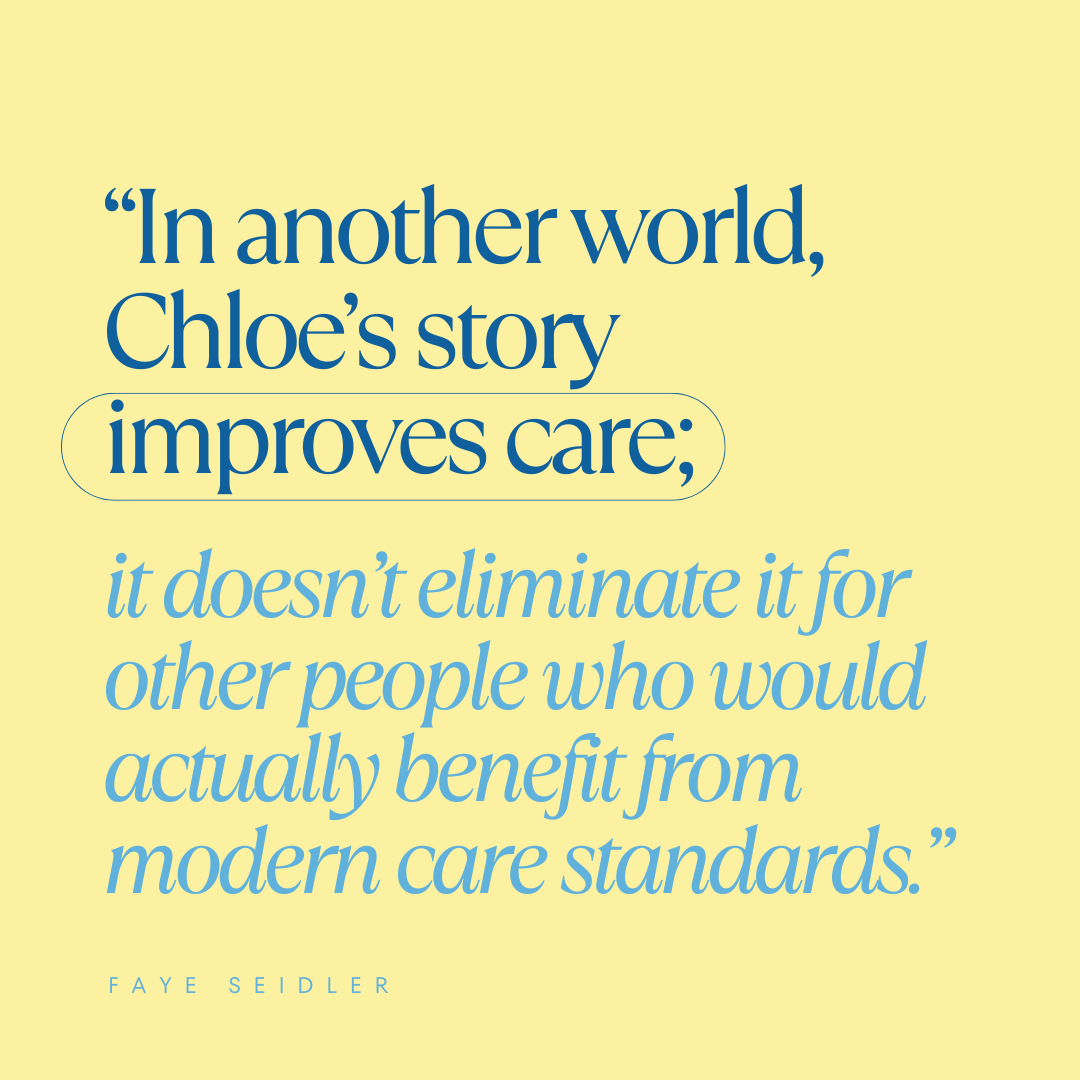Please Lead with Compassion for Queer and Trans Youth

Faye Seidler
December 9, 2024
On Dec 5th, the Turning Point USA chapter at North Dakota State University hosted an event called BisonFest. This event featured Chloe Cole, a former trans kid, known for detransitioning and speaking out on the harm she believes transition might have on people due to her personal experience. This event also featured other local speakers, including Forum columnist Scott Hennen.
The event promo promised this event would be “the funnest event of the year!” While the Google forum invited individuals to sign up and “join us for an eye-opening event that the media doesn’t want you to hear.”
This happened two weeks after France created a guideline for transgender care that included the general standards of practice for trans youth that we see from all of our major medical organizations in America. The American Psychological Association, this year, released a policy statement that said in no uncertain terms access to care was necessary for the quality of life and safety for trans youth.
What’s interesting is Chloe’’s story was referenced directly by our state representative, Bill Tveit , as a reason to ban transgender care for youth within North Dakota. And Chloe, although from California, also submitted testimony in our 2023 session. While the ban did pass, it is currently being challenged and will likely be heard in January.
What is evident is that Chloe did experience harm going through the medical system, and her story serves as an important reminder to follow the best practices of care when treating trans youth. It is fantastic that she has been successful in life and advocates for better medical care. What is unfortunate is that any solemnity of this reflection seems lost in an event being sold as entertainment and fun. What part of Chloe’s medical trauma is the “funnest” part of the year exactly? What part of Chloe’s nationally known story is unreportable by the media, in an event with Hennen?
In my work in suicide prevention, I specialize in LGBTQ+ demographics and outcome data. When we care about healthcare and outcomes, we care that youth have access to evidence-based, quality care. We care about ensuring nobody experiences what Chloe did by ensuring better diagnostic interviews, adequate mental health support, and addressing other concerns that could be presenting as gender dysphoria. In another world, Chloe’s story improves care; it doesn’t eliminate it for other people who would actually benefit from modern care standards.
Today, trans kids in North Dakota are suffering because of that and dangerous political rhetoric. They are not safe, they experience disproportionate rates of bullying and self-harm. And we as a state have never tried to make their lives better. I want to change this, and at the end of the year, I’m putting out the State of the State for LGBTQ+ Youth Report, which will be all of our state data and perspective on queer youth. I don’t care where we disagree; I care that we agree all kids deserve to be safe, fed, and feel loved.
